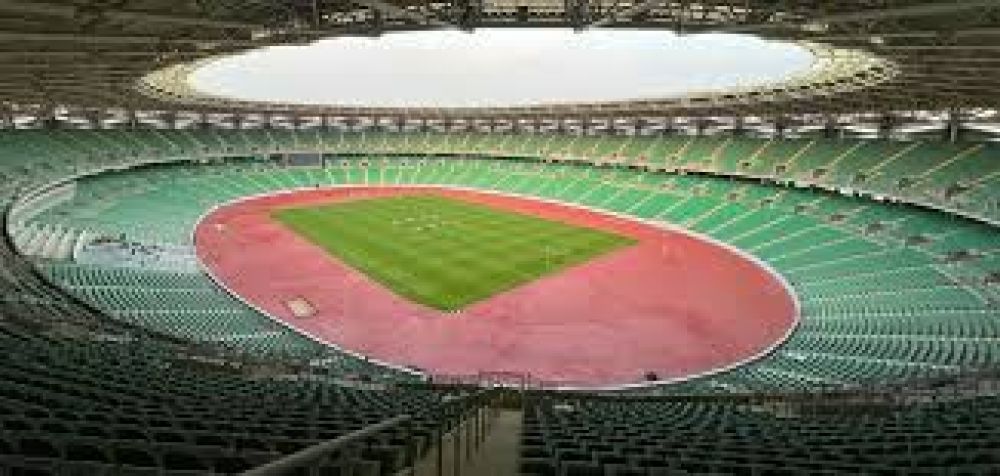

Basra International Stadium stands as a modern architectural marvel in the city of Basra, Iraq. Since its inauguration in 2013, it has become a hub for sporting events, particularly football, and has gradually turned into a tourist attraction, reflecting the city's cultural significance and love of sports.
Construction of the Basra International Stadium began as part of a larger initiative to promote sports and youth engagement in Iraq. It was completed in 2013, with a seating capacity of approximately 65,000 spectators, making it one of the largest stadiums in the country. Its design was inspired by the maritime history of Basra, incorporating elements that resemble the dhow, a traditional sailing vessel.
Although initially built for sports, the stadium quickly caught the attention of tourists for its impressive design and state-of-the-art facilities. It not only hosts domestic and international football matches but also serves as a venue for large-scale community events and concerts, drawing visitors from across Iraq and neighboring regions.
The surge in sports tourism has been a boon to Basra's economy. Visitors attending events at the stadium often explore other attractions in the city such as the Palm Tree Forests, the Shatt al-Arab river, and the renowned Basra Old Market. This has led to a rise in the development of hotels, restaurants, and other tourism services in the area.
The most recent trend in tourism at the Basra International Stadium has been the integration of technology to enhance the visitor experience. With the introduction of virtual tours, online booking systems for tours and matches, and modern security systems, the stadium has set a benchmark for modern tourism facilities in Iraq.
Furthermore, the region has seen growing interest in sustainable tourism practices, emphasizing the conservation of the local environment and cultural heritage. Efforts are being made to provide eco-friendly transportation options for tourists and to preserve the natural beauty of Basra, aligning the city's development with environmental stewardship.
Looking to the future, there are plans to leverage the Basra International Stadium as a key player in promoting international sporting events, which will serve to enhance the city’s global profile. Additionally, collaborations with cultural and tourism sectors are being explored to offer a more comprehensive travel experience, including sports, culture, and historical landmarks, thereby cementing Basra's position as an emerging tourist destination in Iraq.
Travelers looking to visit the stadium can expect a welcoming atmosphere with plenty of amenities. Guided tours may be available to provide insights into the stadium's features and historical context. Visitors are recommended to check the event schedules in advance and consider aligning their travel plans with match days or events for an unforgettable experience.
Note: The travel information provided here is subject to change, and visitors should verify the details with local tourism authorities or the official Basra International Stadium website before planning their visit.